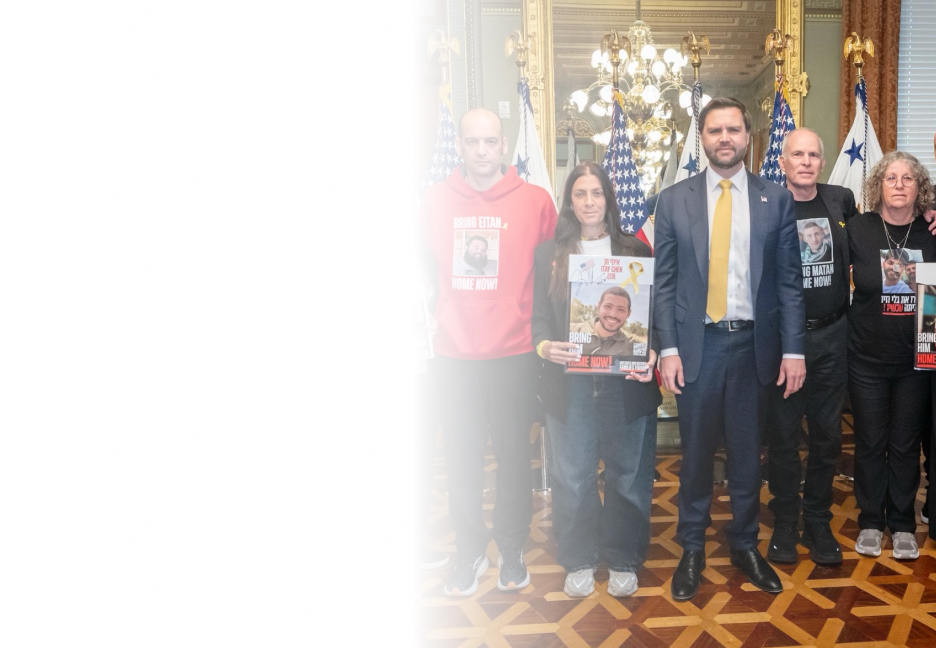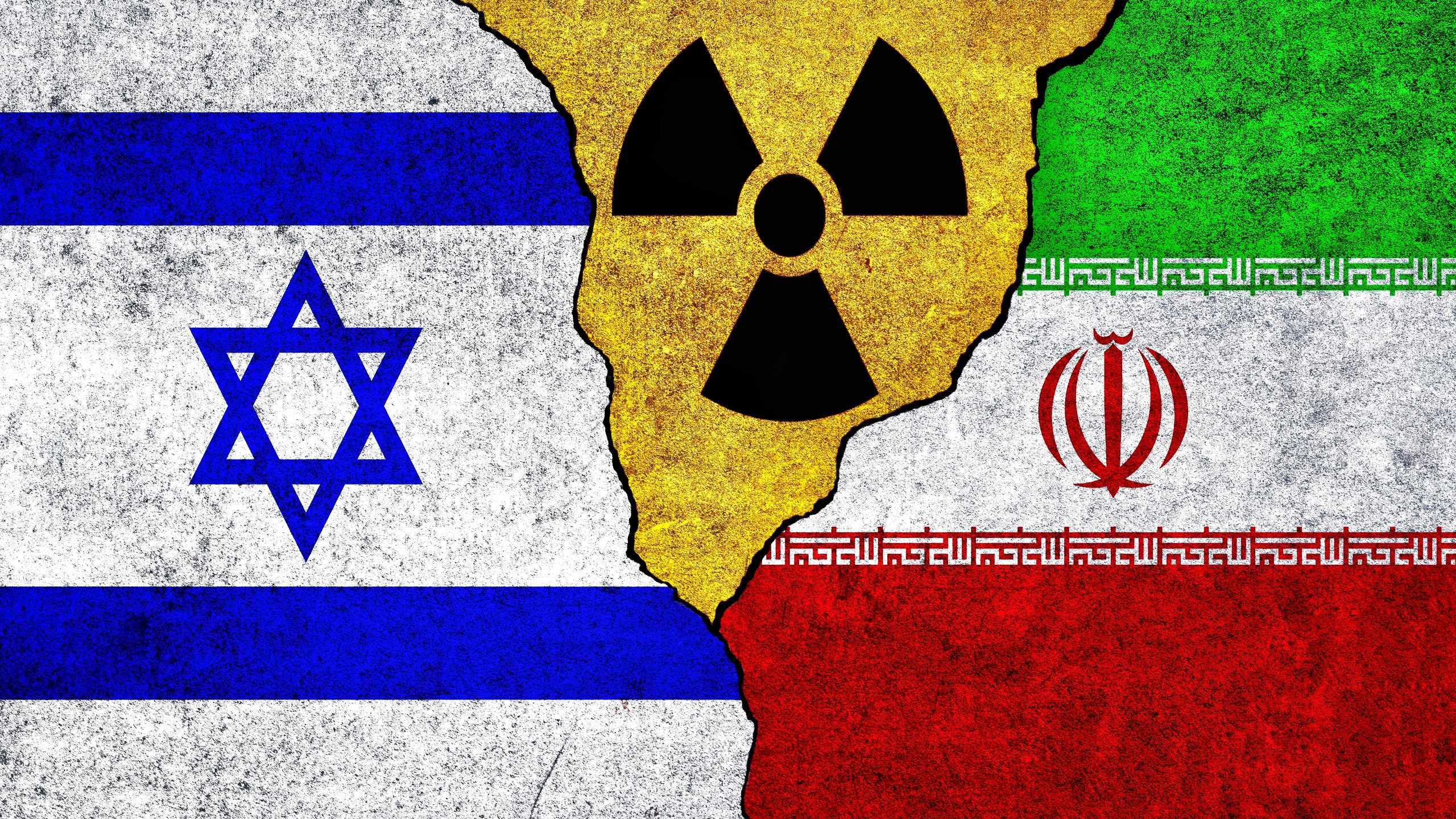Israeli National Security Adviser Dismisses Imminent Strike on Iran’s Nuclear Facilities
Tensions may run high, but a preemptive strike on Iran's nuclear facilities by Israel isn't in the cards at the moment, according to statements by Tzachi Hanegbi, Israel's national security adviser
Israeli national security adviser Tzachi Hanegbi revealed Israel’s strategic foreign policy priorities on Monday in a closed-door briefing with the Knesset Foreign Affairs and Defense Committee, with a focus on halting Iran’s nuclear program and fostering better relations with Arab countries, particularly Saudi Arabia. Hanegbi underlined Iran as Israel’s main antagonist, attributing the lion’s share of challenges and threats facing Israel to Tehran.
However, the national security adviser said on national television in late June that Israel was not currently looking to launch an attack on Iran’s nuclear facilities.
This statement came after the start of the ongoing discussions between Tehran and Washington, which aim to alleviate the existing tensions between the two nations. But experts see this potential agreement as merely a way for the Biden Administration to temporarily de-escalate and buy time before the next elections, rather than a viable solution to the problem.
We are preparing for the moment, if it comes, in which we will have to defend the people of Israel against a fanatic regime that is set on annihilating us and is armed with weapons of mass destruction
When Hanegbi was asked on Israeli network Channel 13 about the proximity of an Israeli preemptive strike on Iran, he responded: “We are not getting closer because the Iranians have stopped, for a while now, enriching uranium to the level that in our view is the red line.”
“But it can happen,” Hanegbi continued. “So we are preparing for the moment, if it comes, in which we will have to defend the people of Israel against a fanatic regime that is set on annihilating us and is armed with weapons of mass destruction.”
Reportedly, indirect negotiations to establish an informal and limited understanding between the United States and Iran are currently taking place. As part of the involved commitments, Iran would promise to refrain from enriching uranium beyond its current level of 60% purity and enhance its cooperation with UN nuclear inspectors, take measures to prevent its proxy terrorist groups from launching attacks on US contractors in Iraq and Syria, refrain from supplying ballistic missiles to Russia, and release three Americans held in the Islamic Republic.
The United States would reportedly agree not to tighten its existing economic sanctions on Iran, facilitate the unfreezing of billions of dollars in Iranian assets held abroad (as long as these will be used exclusively for humanitarian purposes), and commit to refraining from pursuing punitive resolutions against Iran at the UN.
Iran expert Behnam Ben Taleblu, a senior fellow at the Washington-based Foundation for Defense of Democracies, said that he sees the American motives in these indirect talks as the Biden Administration being “merely interested in presenting the idea that it has capped Iran’s nuclear escalation.”
This holiday season, give to:
Truth and understanding
The Media Line's intrepid correspondents are in Israel, Gaza, Lebanon, Syria and Pakistan providing first-person reporting.
They all said they cover it.
We see it.
We report with just one agenda: the truth.


But Ben Taleblu believes that such an effort could be problematic for an overall solution to the Iranian nuclear issue. He noted that capping Iran’s nuclear program may not be worth the incentives given to the Islamic Republic.
“The cap may not actually be a cap because Iran can enrich and stockpile at different and lower levels, thereby changing the breakout calculation,” he told The Media Line. “If I have to say what the Biden Administration is really interested in here, it’s in buying time until the next US presidential election.”
Israel is concerned about the potential results of these talks, according to Dr. Eran Lerman, former deputy national security advisor, vice president at JISS, and lecturer at Shalem College in Jerusalem.
“Israel’s key concern right now, I believe, is to avoid the situation where the Americans rationalize a bad deal with Iran by reverting to a sense of emergency or urgency,” Dr. Lerman said.
Brig. Gen. (res.) Amir Avivi, founder of the Israel Defense and Security Forum, echoed that sentiment.
“It seems that at the moment, the US administration is mainly preoccupied with kicking the can down the road and buying some time until the upcoming elections,” he said.
The army is definitely preparing for such a scenario. The level of readiness is probably the highest we had since these talks started years ago.
Israel expects the US to be strong on Iran and to impose sanctions demanding that they withdraw from their nuclear program, Avivi told The Media Line. But Israel is not discarding the possibility of an attack if needed.
“Israel is definitely keeping its options open, and Prime Minister Netanyahu said more than once that, if needed, we will attack,” he added.
Avivi stressed that if the situation comes to a point where Israel feels the need to attack, it would certainly rather do so with full American support and even with the United States leading a coalition.
In the meantime, he explained that Israel is carefully monitoring Iran’s development of military nuclear capabilities.
“Israel has defined red lines. And if we feel that this red line is going to be crossed, then a decision like that might be taken by the government,” Avivi said. “The army is definitely preparing for such a scenario. The level of readiness is probably the highest we had since these talks started years ago.”
The Media Line reached out to the Prime Minister’s Office, which declined to comment on the subject.
Lerman noted that despite the current US efforts to reach an agreement, Israel is likely to get American support if it gets to the point where it believed a preemptive attack is needed.
“They are trying through diplomatic channels because they believe that Iran can still be deterred. But if they find out otherwise, if Israel has compelling evidence that drove it to action, I think [Israel] can make a case to the American people and ultimately, the administration.”
“America’s commitment to preventing this from happening is very serious, not only because of interest but also because for the entire region and for the entire world this would be very dangerous,” Lerman continued.
Ben Taleblu says that besides Iran’s interest in unfreezing assets and limiting sanctions, it could benefit from the agreement itself.
“The idea that some kind of arrangement was agreed through diplomacy, is a political aid and a political shield for the Islamic Republic because it knows any agreement, formal or informal, that is in place would constrain or at least create greater political impediments for Israeli freedom of action against Iran,” he explained.



